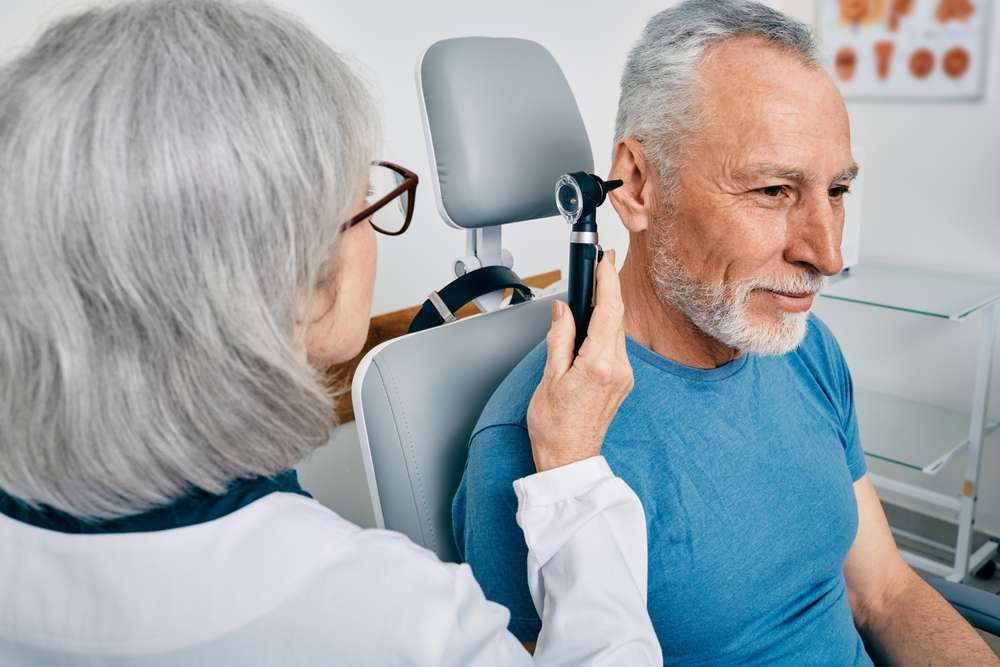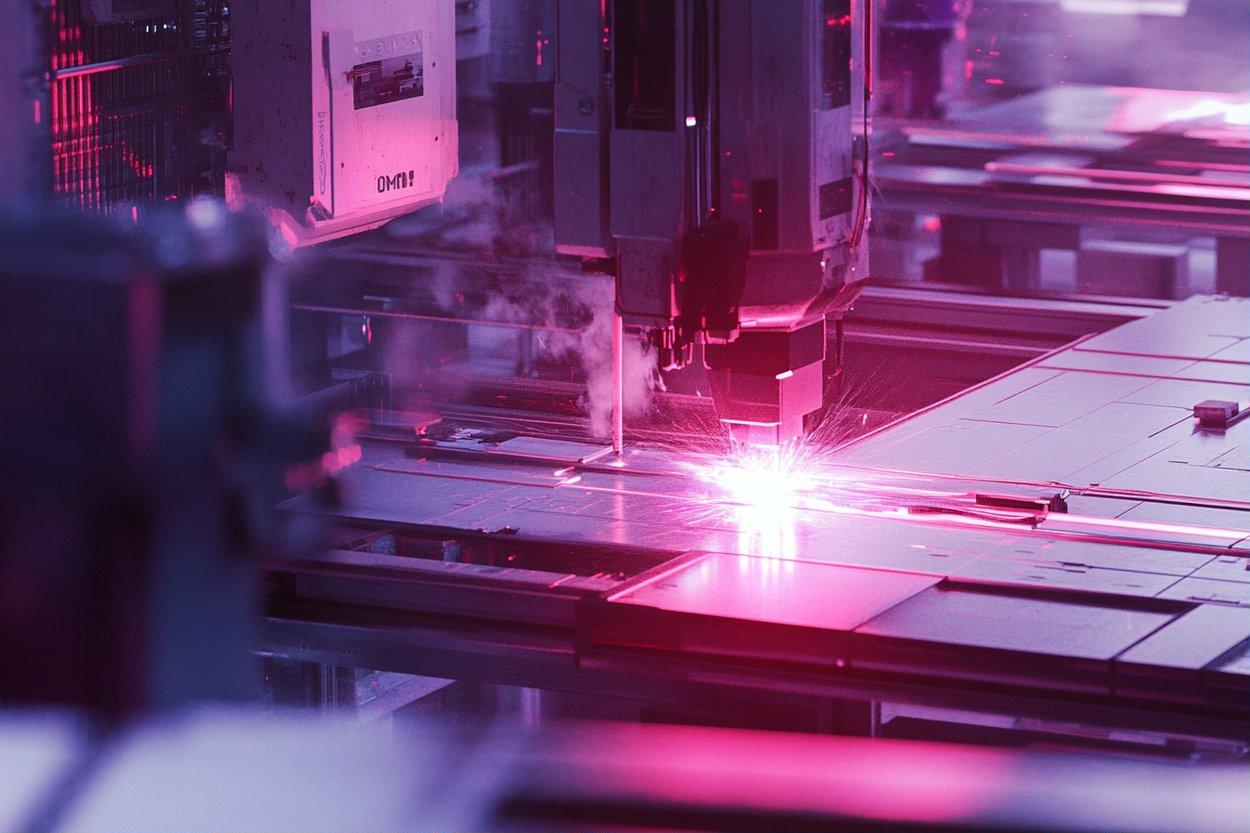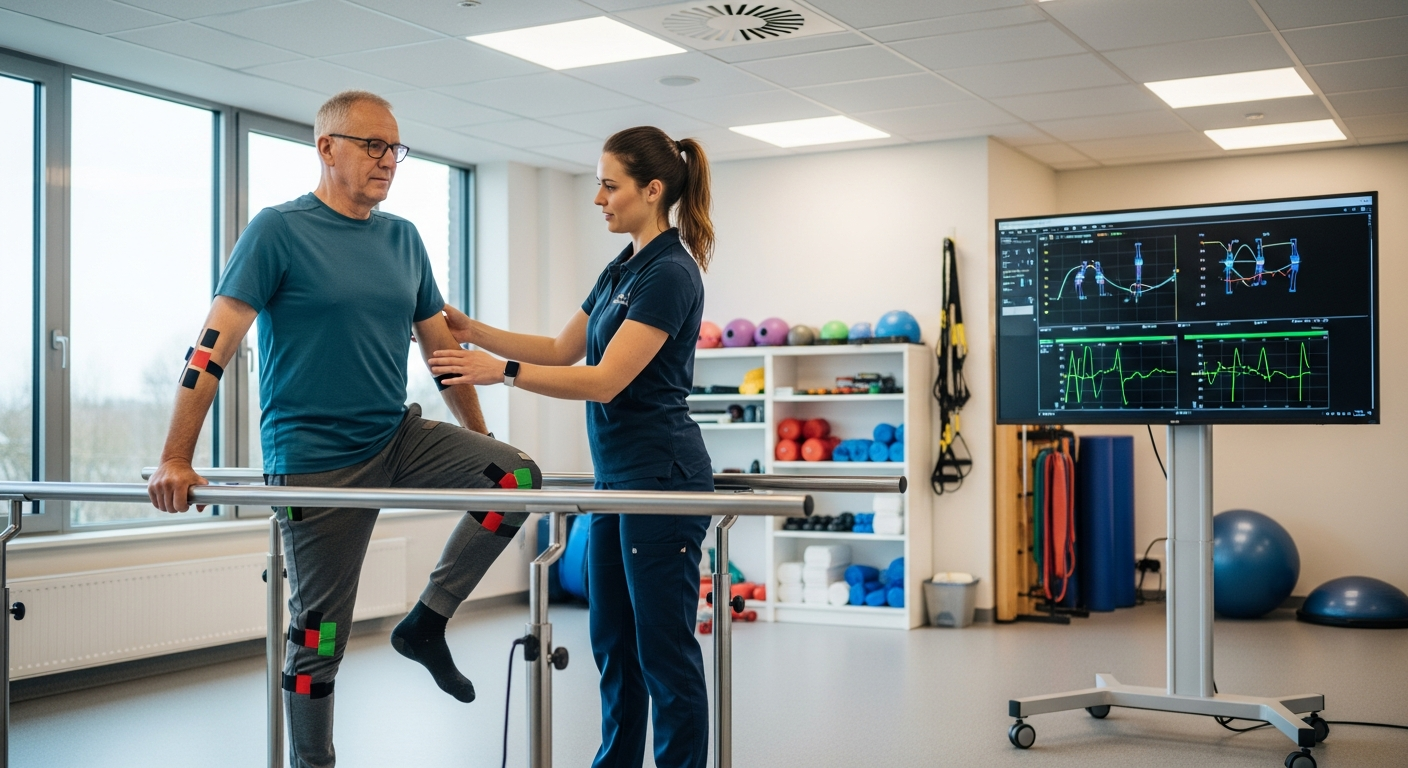New hearing aid technology makes sound clear and natural again
What should I do if my hearing is gradually deteriorating? Modern hearing aid technology has broken through traditional limitations and provided new possibilities for hearing improvement. New hearing aids can restore natural sound quality, have a concealed and comfortable design, and personalized tuning can give you a better user experience.

What are the most practical hearing aids on the market today?
The current market offers several standout hearing aids that combine advanced technology with user-friendly features. Phonak’s Paradise series delivers exceptional sound quality through their AutoSense OS technology, which automatically adjusts to different listening environments. Oticon’s More hearing aids use deep neural networks to process sound more like the human brain, providing remarkably natural hearing experiences.
ReSound’s ONE hearing aids feature M&RIE (Microphone & Receiver-In-Ear) technology that uses your ear’s natural acoustics to create more spatial awareness. Signia’s Pure Charge&Go X models offer impressive battery life and connectivity features, while Widex’s MOMENT hearing aids eliminate the artificial sound delay that often bothers new users. These practical options represent the pinnacle of current hearing aid innovation, offering various form factors from completely-in-canal to behind-the-ear designs.
How can I find quality hearing aids in my local area?
Finding quality hearing aids locally requires research into certified audiologists and hearing care professionals in your community. Start by checking with your primary care physician for referrals to reputable hearing specialists. Many hospitals and medical centers have audiology departments staffed with licensed professionals who can provide comprehensive hearing evaluations and recommend appropriate devices.
Independent hearing aid dispensers often offer personalized service and competitive pricing, while national chains like Miracle-Ear, Beltone, and HearingLife provide standardized services with multiple locations. Before visiting any provider, verify their credentials through your state’s licensing board and read online reviews from previous patients. Many providers offer free hearing consultations and trial periods, allowing you to test different models before making a commitment.
What makes modern hearing aids ideal for elderly users?
Today’s hearing aids address many challenges that previously deterred elderly users from seeking help. Rechargeable batteries eliminate the frustration of handling tiny battery compartments, while some models offer up to 30 hours of use per charge. Bluetooth connectivity allows direct streaming from smartphones, televisions, and other devices, reducing the complexity of multiple remotes and accessories.
Fall detection features in premium models can automatically alert emergency contacts, providing peace of mind for both users and family members. Voice assistants and smartphone apps enable easy volume and program adjustments without touching the device. Additionally, many modern hearing aids offer tinnitus masking features, addressing a common concern among older adults. The improved feedback cancellation and wind noise reduction make outdoor activities more enjoyable, encouraging active lifestyles.
Where can you get hearing aids through hospital systems?
Major hospital systems across the United States offer comprehensive audiology services and hearing aid fitting programs. Mayo Clinic’s audiology departments provide advanced hearing evaluations and access to the latest hearing technologies across their multiple locations. Cleveland Clinic’s hearing centers offer specialized care for complex hearing conditions alongside traditional hearing aid services.
Johns Hopkins Hospital’s Department of Otolaryngology provides cutting-edge hearing solutions and research-based treatments. Kaiser Permanente members can access hearing services through their integrated healthcare system, often with insurance coverage benefits. Veterans Affairs medical centers offer specialized programs for service members, including advanced hearing aids and ongoing support services. Many university hospitals also provide audiology training programs where patients can receive services from supervised graduate students at reduced costs.
| Hospital System | Services Offered | Cost Estimation |
|---|---|---|
| Mayo Clinic | Full audiology services, premium hearing aids | $2,000-$6,000 per device |
| Cleveland Clinic | Hearing evaluations, device fitting, follow-up care | $1,500-$5,500 per device |
| Kaiser Permanente | Integrated hearing care, insurance coverage options | $1,200-$4,500 per device |
| VA Medical Centers | Veteran-specific programs, ongoing support | $0-$500 per device for qualified veterans |
| University Hospitals | Student clinics, research programs | $800-$3,500 per device |
Prices, rates, or cost estimates mentioned in this article are based on the latest available information but may change over time. Independent research is advised before making financial decisions.
How do I know if my gradual hearing loss needs professional attention?
Gradual hearing loss often goes unnoticed because the brain adapts to diminished sound input over time. Warning signs include frequently asking people to repeat themselves, turning up television or radio volume beyond comfortable levels for others, or difficulty understanding conversations in noisy environments like restaurants. If you find yourself avoiding social situations due to communication challenges, this indicates the need for professional evaluation.
Tinnitus, or ringing in the ears, often accompanies hearing loss and shouldn’t be ignored. Family members may notice your hearing difficulties before you do, so take their concerns seriously. Online hearing screenings can provide initial insights, but they cannot replace comprehensive audiological testing. Professional audiologists use specialized equipment to measure hearing thresholds across different frequencies and can identify the type and degree of hearing loss, which determines the most appropriate treatment approach.
Modern hearing aid technology has made it easier than ever to address hearing loss effectively, with solutions that truly make sound clear and natural again. From smartphone-connected devices to AI-powered sound processing, today’s hearing aids offer features that were once considered science fiction. The key to success lies in working with qualified professionals who can properly assess your hearing needs and recommend appropriate technology that fits your lifestyle and budget.
This article is for informational purposes only and should not be considered medical advice. Please consult a qualified healthcare professional for personalized guidance and treatment.




